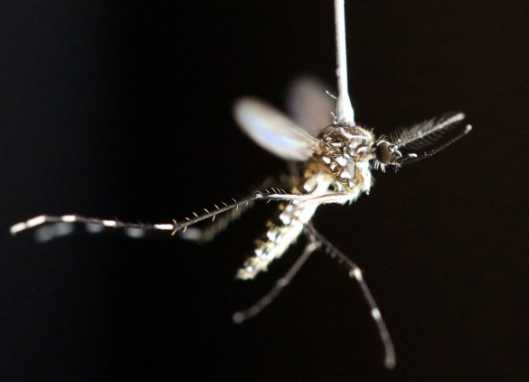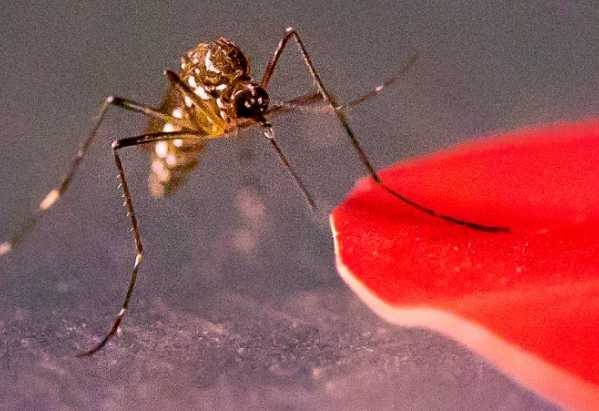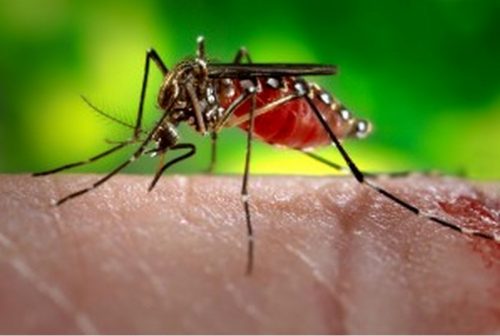 |
COLUMBUS, Ohio – Imagine a world in which mosquitoes choose blossoms over blood.
Nice, right?
There already exists a mosquito species called Wyeomyia smithii in which most of the bugs refuse blood meals in favor of sweet floral nectar. And new research is helping to explain the evolutionary genetics of the switch from blood sucker to flower fanatic.
The species, which lives in bogs and is present throughout much of North America, mostly dines strictly on plants. But in Florida there’s a split in the population – some of the bugs go for blood.
In their study, which appears in the journal Proceedings of the National Academy of Sciences, they examined the genes of the blood eaters and the vegetarians and found differences that made good sense, said Denlinger, professor emeritus of entomology. The mosquitoes that still eat blood had more genes involved in sniffing out odors and fewer genes involved in light sensitivity.The researchers, including co-lead author David Denlinger of The Ohio State University, expect that all of the mosquitoes in the species once relied on blood for nourishment and that over time, some evolved to prefer plants.
“It would make sense that finding blood meals would depend on odor detection and that nectar eaters would rely more on vision to find food,” Denlinger said.
The researchers also found a number of genes associated with digestion of proteins in the blood-eating mosquitoes. They examined genetics right as the mosquitoes were about to dine – not after – because they wanted a clear picture of genetic activity independent of a recent meal, Denlinger said.
He suspects that the majority of the species moved away from blood meals because of the associated risks – risks that include the aggravated patio-sitting human.
“Blood meals come at a cost. A person could swat you – even do you in,” Denlinger said.
Furthermore, protein-heavy blood meals are like Thanksgiving dinner – they produce a sluggishness, a lack of get-up-and-go that in mosquitoes can be counterproductive to staying out of a predator’s way, Denlinger said.[xyz-ihs snippet=”adsense-body-ad”]On top of that, the warm meal is a stressor on the mosquito’s body and can contain agents that are toxic to the bug.
“If you could survive without taking all those risks, there could be some evolutionary advantages,” Denlinger said.
Though the blood-eating bugs of the species in the study can be a nuisance, they don’t transmit disease. But there’s potential that this work could one day lead to strategies for controlling mosquito-borne illness spread by other species, he said.
“The next step is figuring out the trigger or triggers that lead to the genetic changes we saw. It might be a simple molecular switch that regulates some of these genes,” Denlinger said. “If we could somehow shut off the capability to take a blood meal, that would offer exciting possibilities.”
William Bradshaw of the University of Oregon was co-lead author on the study. Ohio State postdoctoral researcher Julie Reynolds also worked on the project.
Source: OSU






